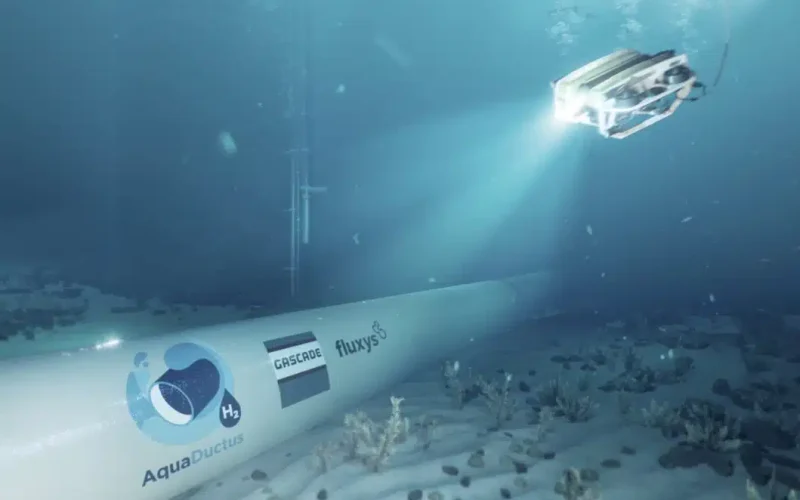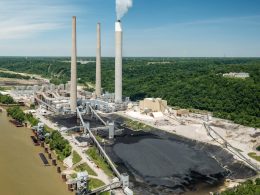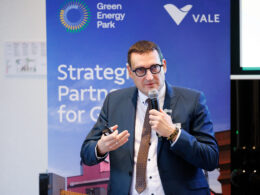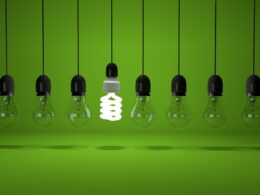The AquaDuctus project, a 400-kilometre hydrogen pipeline set to deliver green hydrogen from North Sea wind power, aims to support Germany’s energy transition. Recognised as an Important Project of Common European Interest (IPCEI) by the EU, AquaDuctus is expected to aid Europe’s decarbonisation efforts while potentially reducing grid expansion costs by €30 billion ($30.9 billion).
The pipeline, planned to be operational by 2035, will transport up to one million tonnes of green hydrogen annually from offshore electrolysers with a combined capacity of 10GW. This renewable energy supply is designed to decarbonise hard-to-electrify industries such as steel and chemicals.
Lower Saxony’s Energy Minister, Christian Meyer, described AquaDuctus as “a green beacon for a climate-neutral energy supply at sea.”
With €200 million ($206 million) in subsidies pledged by the German government and Lower Saxony, the project aims to start hydrogen deliveries to Wilhelmshaven by 2030.
AquaDuctus is anticipated to contribute to a wider European hydrogen network, potentially connecting Germany with the UK, Belgium, the Netherlands, and Norway. This cross-border initiative could create a reliable renewable energy supply chain for the region.



















